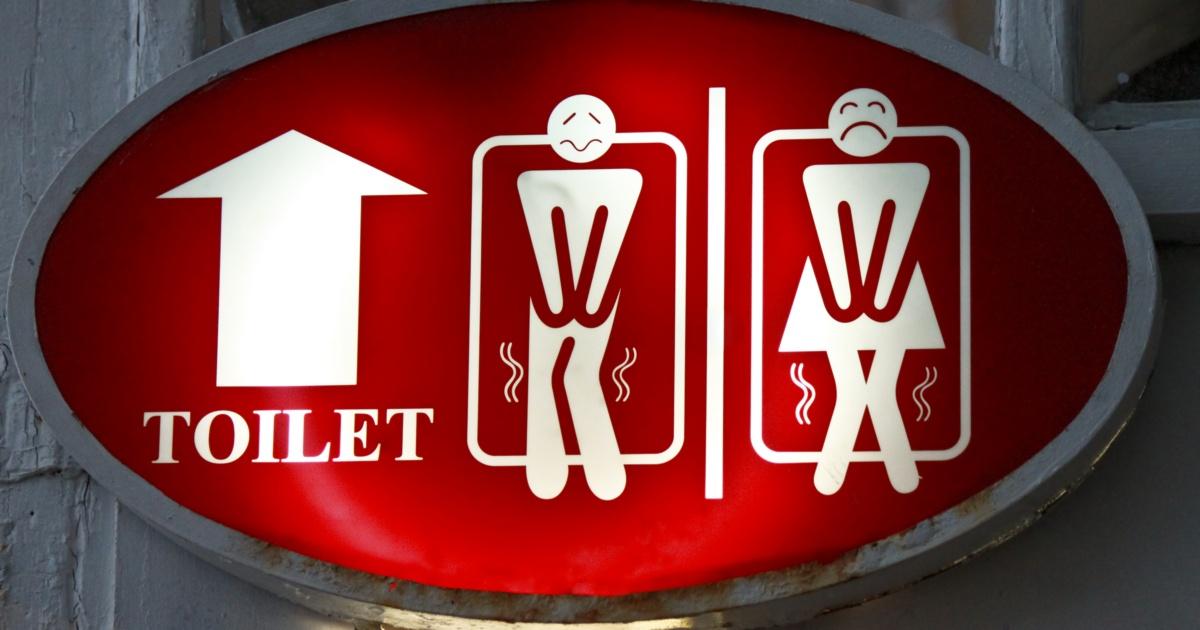Bladder Adjectives from Men’s Liberty

Your bladder can be a lot of things – flaccid, neurogenic, neurotic, incompetent, incomplete, reflexive, spastic… the list just goes on and on. So which one of the bladder adjectives on the list above doesn’t belong, which one isn’t like the rest?
I’ll give you a minute to think about that. No Googling the answer.
So did you guess incompetent? I did (and I was wrong). It’s a trick question. However, they’re actually all possible adjectives for your bladder’s behavior. So in the interests of a little public education, I’ve pulled together the definition of each of these common bladder adjectives for your reference.
Bladder adjectives:
Flaccid –
a bladder that is unable to contract sufficiently to empty. It may be secondary to neural deficiencies or chronic obstruction. The bladder can be emptied by pressure applied to the area or via catheterization. Also called atonic bladder, autonomous bladder, nonreflex bladder.
Neurogenic –
Neurogenic bladder is a dysfunction that results from interference with the normal nerve pathways associated with urination. There are two categories of neurogenic bladder dysfunction: overactive (spastic or hyper-reflexive) and underactive (flaccid or hypotonic). An overactive neurogenic bladder is characterized by uncontrolled, frequent expulsion of urine from the bladder. There is reduced bladder capacity and incomplete emptying of urine. An underactive neurogenic bladder has a capacity that is extremely large (up to 2000 ml). Due to a loss of the sensation of bladder filling, the bladder does not contract forcefully, and small amounts of urine dribble from the urethra as the bladder pressure reaches a breakthrough point.
Reflexive –
Reflex bladder is also known as spastic bladder. It occurs when the stretch receptors in the bladder wall are triggered from a full or filling bladder sending signals to the brain and spinal cord to relax the sphincter muscles. This is an automatic involuntary action, and the person has no control over when the bladder will empty. Sometimes the sphincter muscles will not relax properly when the bladder contracts, and this can lead to a condition called Dyssynergia. One danger of dyssynergia is that it can lead to an overfull bladder, which could damage the kidneys from a reflux of urine.
Neurotic –
an outdated term for patients with a history of neurosis that center on the bladder. Its other name is an irritable bladder. Key symptoms include: worry and anxiety focused on bladder activity, pain while urinating, nervous spasms of the urethra and bladder neck, persistent feeling of weight over the pubic region.
Incompetent –
A disorder of the sphincter muscles that restricts the functionality of the muscles that contract and release to control urination. Predominantly found in women who have had multiple vaginal births and men with enlarged prostates.
Incomplete –
A function of Underactive Bladder Syndrome (UAB). UAB is a urological condition, its characteristics are bladder underactivity causing difficulty in voiding, resulting in incomplete bladder emptying. The International Continence Society (ICS) refers to the condition of detrusor underactivity, defined as a contraction of reduced strength and/or duration, resulting in prolonged bladder emptying and/or failure to achieve complete bladder emptying within a usual time span. Bladder underactivity may cause overdistention of the bladder, resulting in overflow incontinence.
Spastic –
A form of neurogenic bladder caused by a lesion of the spinal cord above the voiding reflex center. In fact, loss of bladder control and bladder sensation mark it; incontinence; and automatic, interrupted, incomplete voiding. Most often trauma causes it but it may result from a tumor or multiple sclerosis. Also called automatic bladder, reflex bladder.
Any adjectives I’m missing? Put your entries (and their definitions) in the comments section!
